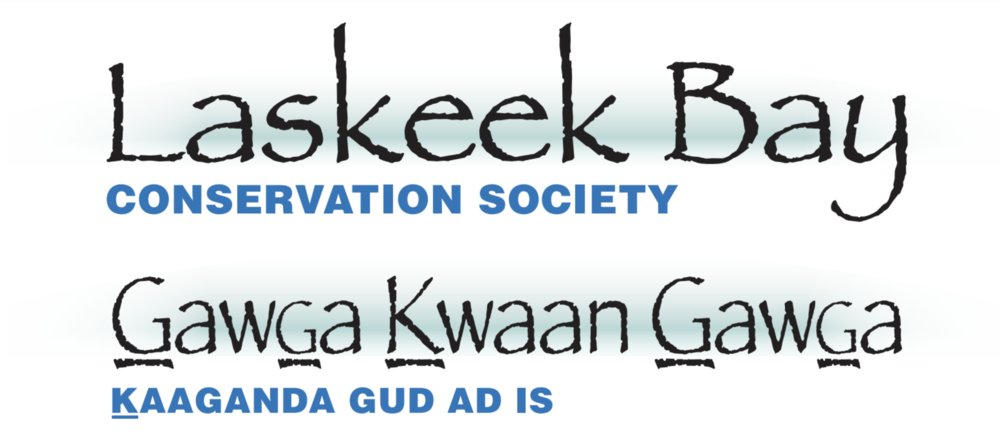Related Research
As a research-focused conservation society, we regularly connect with various research organizations worldwide. Here, we share some of our favourite sources.
Happywhale
Happywhale engages citizen scientists to identify individual marine mammals, for fun and for science
BC Cetacean Sightings Network
The BC Cetacean Sightings Network is a research and conservation program of Ocean Wise’s Marine Mammal Research Program, in collaboration with Fisheries and Oceans Canada. Their goal is to increase public awareness of British Columbia’s cetaceans (whales, dolphins, and porpoises) and sea turtles and the threats to their survival.
North Coast Cetacean Society (BC Whales)
Devoted to uphold the balance between all whales and the environment essential for whale’s survival. This is being accomplished through research and partnerships throughout coastal B.C.
Research Group on Introduced Species
The Research Group on Introduced Species (RGIS) conducts multidisciplinary research and publicizes information on the effects of introduced species on natural ecosystems within the Haida Gwaii archipelago (British Columbia, Canada).
Seabird Information Network
The Seabird Information Network is a network of databases from contributors around the world.
The Cornell Lab of Ornithology
In the quest to understand nature, Cornell Lab scientists use cutting-edge technology to reveal secrets hidden in DNA, document rare wildlife, and discover how animals survive and communicate in a changing world.
Seabird Publications
A collection of seabird related publications.
Triangle Island Seabird Research
The Anne Vallée Ecological reserve at Triangle Island (British Columbia, Canada) is the largest and most diverse seabird colony in B.C. In 1994 the Centre for Wildlife Ecology at Simon Fraser University selected Triangle Island as the site at which to establish a long-term seabird research and monitoring program.
Research Blog
A research blog within an online seabird portal, written by a student of Wildlife and Wildlands Conservation at Brigham Young University.
Wildlife Research and Landscape Science
The Wildlife and Landscape Science Directorate is Environment Canada's focal point for knowledge and expertise of:
impacts of toxic substances on animals, plants, and soil invertebrates and microbial communities,
impacts of human activities and ecosystem change on populations of Canada's migratory birds,
causes of declines in species at risk, particularly migratory birds and species found on federal lands
biological test method development,
the health of wild species as an indication of environmental quality,
natural and human-induced impacts on wildlife communities and ecosystems over time and space,
habitat modeling and monitoring using Earth Observation tools.
